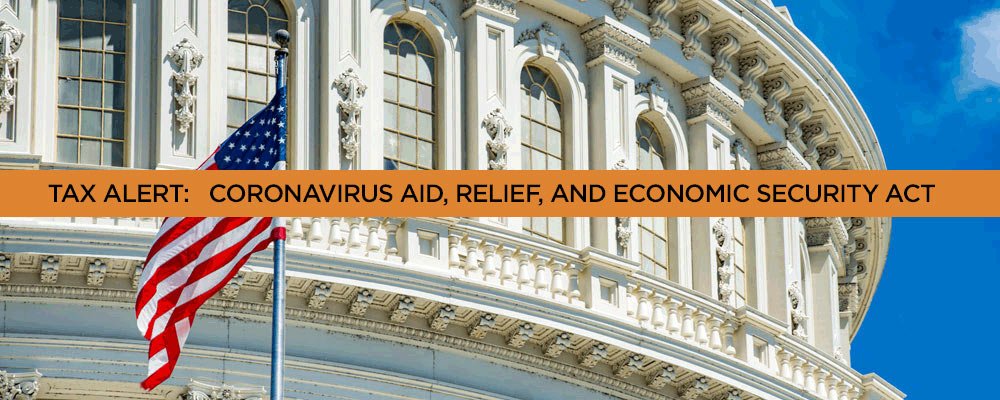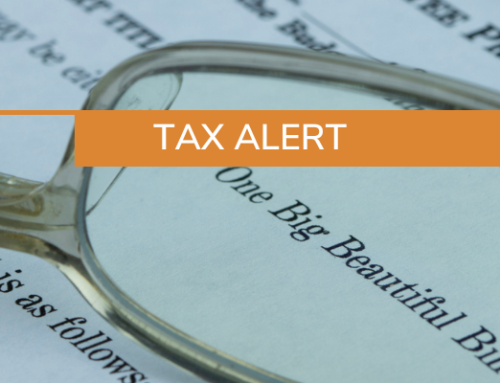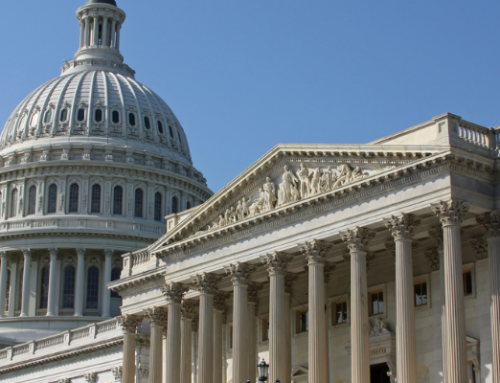The historic $2.2 Trillion CARES Act provides several business tax benefits, some of which can quickly provide cash flow. This much-needed liquidity is meant to provide additional resources to businesses struggling with the economic effects of the coronavirus pandemic.
Low Rate Loans Available
Earlier, we covered Forgivable SBA Loans, available for companies with 500 or fewer employees.
Mid-size Businesses, those with 500 to 10,000 employees, are eligible for government-funded loans with annualized interest rates of 2% or less. To assist companies with cash flow in the short term, no interest or principal payments will be due for the first 6 months of the loans.
Employee Retention Credit for Employers
Trades or businesses who either suspended operations due to a government-imposed limitation or saw a 50% reduction in gross receipts from the prior year (measured quarterly) due to COVID-19 may be eligible for the refundable employee retention credit.
The credit can cover up to 50% of the first $10,000 of wages paid per employee during an affected quarter of 2020. Businesses can claim this credit on quarterly payroll tax returns, accelerating liquidity benefits. Eligible wages vary depending on the number of employees on the payroll.
Delaying of Employer Payroll Taxes
Employers may delay payments of the employer’s share of 2020 Social Security taxes, instead paying 50% by the end of 2021 and 50% by the end of 2022. This provision also aims to keep cash in the hands of businesses during this uncertain time.
Amendment for Net Operating Loss Carrybacks
The Tax Cuts and Jobs Act eliminated NOL carrybacks and limited NOL carryforwards to 80%. Corporations with NOLs from 2018, 2019, or 2020 may now carry those losses back 5 years, applying them against 100% of prior years’ income.
Corporations who had loses in 2018 or 2019 may be able to carry these back to years with positive net income, generating immediate refunds.
Pass-Through Loss Limitation Modification
The Tax Cuts and Jobs Act also limited pass-through losses to $250,000 per return ($500,000 for married filing jointly). Losses in excess of this amount from pass-through entities were carried forward for use in future years. The CARES Act eliminates this limitation for 2018, 2019, and 2020.
Individuals who own flow-through businesses subject to this limitation in 2018 will be able to amend tax returns. Individuals with large losses in 2019 or 2020 won’t have to limit those losses for the TJCA provision.
Accelerated AMT Credits
The corporate AMT was eliminated as of 2018 tax years. Remaining AMT credits became refundable over several years, ending in 2021. Corporate taxpayers who have remaining AMT credits after their most recent tax filing, may immediately file for a refund of all remaining credits, pending Treasury instructions.
Correction of Qualified Improvement Property (“QIP”) Drafting Error
The Tax Cuts and Jobs Act intended to make qualified improvement property, which includes the former definitions of qualified leasehold improvements and qualified restaurant improvements, eligible for bonus depreciation. Unfortunately, the Act had a drafting error that left many business owners unable to accelerate their QIP depreciation.
The CARES Act corrects this error, making that property eligible for 100% bonus depreciation. This will provide potentially large increases in depreciation deductions for eligible businesses. The provision is retroactive, so 2018 tax returns with may be amended and refunds of tax requested, providing additional liquidity to businesses.
Change in Limitation of Business Interest
Businesses who are subject to the business interest limitation may offset 50% of their income, up from 30%, with business interest expense in 2019 and 2020. Furthermore, if 2020 is a less profitable year than 2019, you may use the 2019 limitation for 2020 filings.
Increase in Charitable Contribution Rate
In 2020 Corporations may deduct charitable contributions of up to 25% of net income, an increase from 10%. Additionally, the deduction for contributions of food inventory has increased from 15% to 25%.
Additional Resources to Help Save Money and Increase Liquidity
On March 18, the Families First Coronavirus Response Act was signed into law, providing government-funded Emergency Paid Sick Leave and Emergency Leave. See our discussion of the Enacted Legislation.





